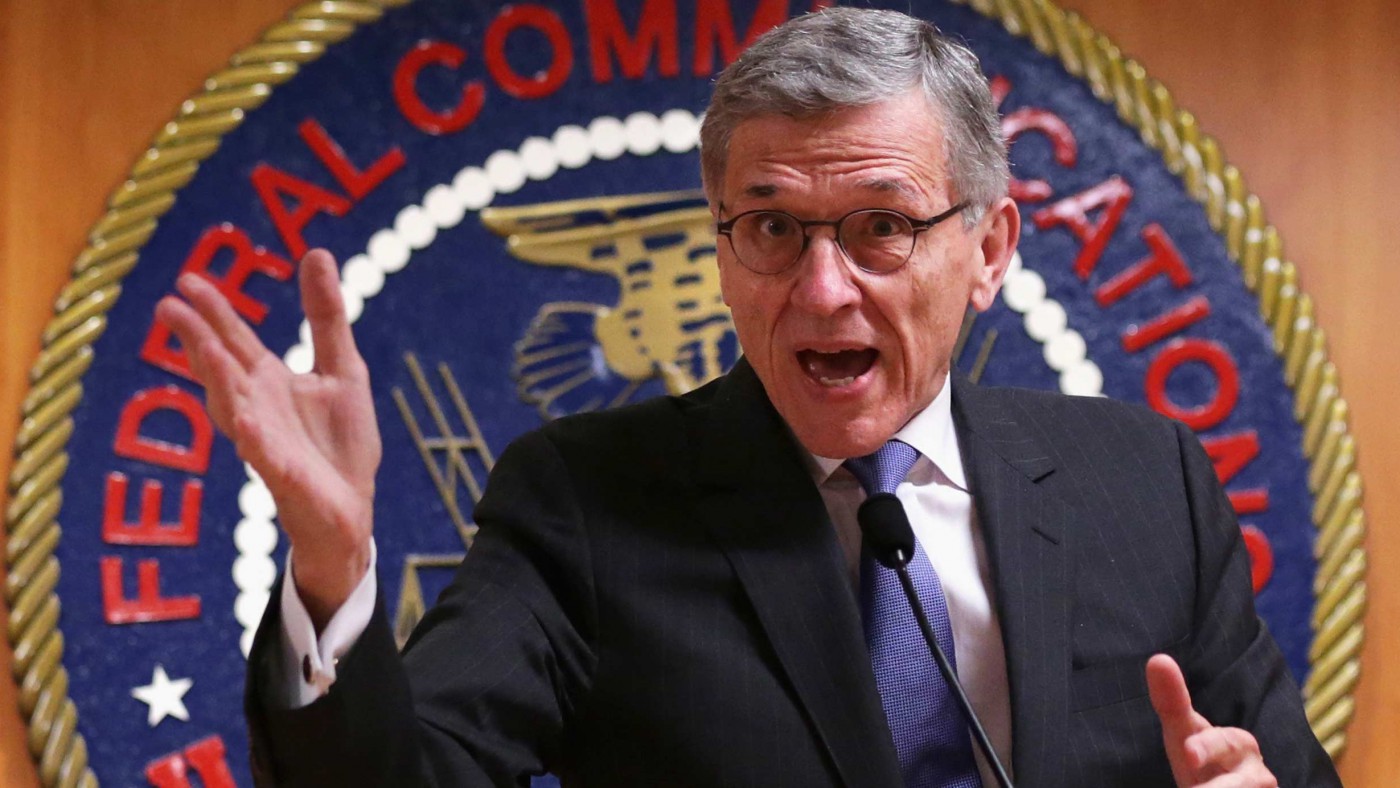On Dec. 4, the U.S. Court of Appeals for the District of Columbia may give Congress a hand in reversing President Obama’s restrictive Internet rules known by the shorthand net neutrality.
Back in February, the Federal Communications Commission passed Title II regulations reclassifying Internet service providers like Comcast and Verizon as common carriers and subjecting them to rules designed more than 70 years ago for telephone companies. There are nine different lawsuits that make up the case before the appellate court, with many observers worrying that if the rules aren’t struck down, the digital world we know and love won’t remain.
“If the court upholds Title II… hold onto your Internet, because it’s going to change,” Rep. Marsha Blackburn told Rudy Takala in a recent interview. [I]t will lead to rate regulation, and the FCC is going to have its hand in the middle of that. You are going to see increased fees, you will also begin to see taxes.”
Blackburn also worries about Internet regulation growing and expanding. “The Internet is not broken…. Another example of where the FCC is pushing is they’re trying to use this net neutrality and Title II authority to get in and become an online privacy regulator, and that has traditionally been a Federal Trade Commission function, and that’s where it should stay.”
Forbes’ Daniel Fisher says the logical next step for the FCC is to get into the business of controlling content. “If the FCC is empowered to poke into every detail of every broadband provider’s service for evidence of ‘unreasonable’ terms or discrimination, it could squelch otherwise valuable new products and services,” he explained.
Fred B. Campbell, Jr. agrees completely, especially when it comes to freedom of the press. “Under the FCC’s interpretation of the Constitution, the people have a right to put words on paper, but they would have no right to circulate the words they write on the Internet,” the executive director of the Center for Boundless Innovation Technology wrote for The Hill newspaper. Campbell argues that First Amendment protections of a free press are in jeopardy because of FCC actions. “Telephone service providers are not members of the press because phones offer private communications between individuals, but cable operators are protected because they distribute content intended for mass consumption. If you’ve ever read the news or watched a video on the Internet, you already know ISPs are much more like cable providers than phone companies…. If the FCC’s rules stand, Congress could enact laws prohibiting ISPs from transmitting content Congress doesn’t like, and ISPs would have no right to protest in court.”
Wall Street Journal columnist L. Gordon Crovitz meanwhile wonders how efficient it could possibly be for all those with with new websites, apps and products to have to “beg a bureaucrat” for permission to invent and innovate. As Crovitz pointed out, just as the current FCC chairman Tom Wheeler specifically said he didn’t want that to happen there was the nearly simultaneous spectacle of how a new product – a low-priced pan from T-Mobile in this instance – could end up on the trash heap if regulators like Wheeler decided to say no. “The Internet succeeded because it was unregulated,” Crovitz wrote. “If [net neutrality] had been in effect, newspapers would have objected to Google as ‘unfair.” Wall Street might have forced Steve Jobs out if the government deemed ‘unreasonable’ his idea to include a Web browser in Apple’s mobile phones.”
The reality is that the FCC enacted a solution to a non-existent problem. Now, there are multiple problems brewing for the free and open internet and betting that one court decision is going to wipe it all away seems like wishful thinking.


